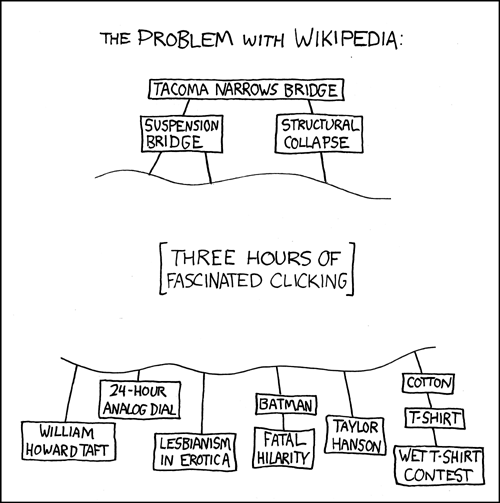Any visitor to my home will notice a distinct lack of clocks.
At some point during their visit (not a short time, because I assure you I am a deeply scintillating host), they will look around to see what time it is. At first they will glance at the wall for the wall clock (not there), then to the clock usually on the microwave (I don’t own one), then to other surfaces that they think must contain some sort of timepiece. And they won’t find anything. (Eventually, they will sneak a glance at their phone.)
Now this lack of time awareness may seem a bit obsessive, but it speaks to my opinion that thinking about time is stressful.
But I’m starting to learn that this might self-defeating, and also that I may not even be taking my own advice.
Table of Contents
Where does the time go?
There are 24 hours in the day. How will you spend them?
Notice I used the word “spend.” That’s a money term, which is interesting to me. What would you do if you worked with time in the same way that you worked with money?
Let’s follow the analogy as far as we can. In order to deal with our limited money supply, it is deeply important to keep track of where it goes. I recommend that in order to uncover the secret life of your money, you write down what you spend money on, and then build that into a larger picture of your spending habits.
What if you were to do the same thing with your time? What if you kept a little time journal?
You won’t know unless you try. How much time do you spend eating, commuting, sleeping, socializing, or mucking about on Wikipedia?

See what’s become of me
People are notoriously bad at determining how long things take to accomplish. For the first two decades of my life, I was perennially late for everything. It was a wonder I never got fired. (That may have been a case of luck.)
I’ve also worked at jobs that required me to estimate how long it would take to do things, and I can tell you that when you’re presented with a long project, you run out of gut feeling really quick. How many hours does it take to build a house? Um, 50? 250? 2,000?
Now, you likely aren’t building houses (and neither was I), but you are cleaning your floors, going to the dentist, and meeting your friend after work for a drink. How long do you think these things will take?
Because we don’t keep track of our time, we don’t learn how long we take to do things, which means we can’t accurately predict how long other things will take. Not knowing how we spend our time—like in money—leads to wasteful use of time.
Waiting or someone or something to show you the way
When I think about things in this way, I develop an ever greater empathy for those who see taking control of finances as stressful. Because the work that I suggest (being aware of everything you spend) is no different from going into my own home and putting large easy-to-read clocks in every room.
Eek.
And yet, to that end, I know that if I want to magically get more time in my life this is exactly (well, notionally) what I will need to do.
And if I don’t? Then I just have to say the same thing to myself that I say to friends and potential clients when it seems like they don’t want something bad enough to change their habits. “It’s okay, you just may not be ready. When you are, you’ll be willing to do the work.”
Now if you’ll excuse me, I just finally glanced at the time, and I totally need to get going.
But enough about me. What are the best ways you’ve found to manage your time in order to get more out of it?


